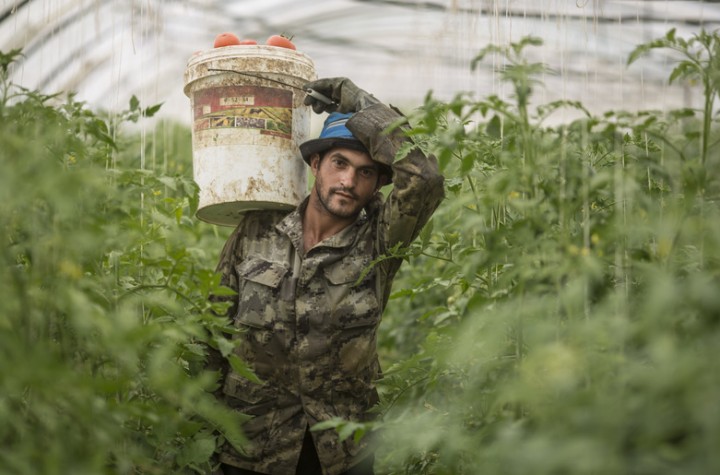Management of Water Resources Programme
2006 - 2018 • Deutsche Gesellschaft für Internationale Zusammenarbeit (GIZ) GmbH
Purpose
To enable Jordan’s national water institutions to better respond to mounting pressure on its limited water resources.
Activities
The project provides Jordan's water institutions with strategic, technical and expert support:
It is promoting the development of the country's strategic national framework and policy guidelines, which together provide a basis for overcoming the water crisis and contributing to sustainable water usage.
To improve capacities within the water sector, the project is piloting a new strategy for water resource planning. Through the assistance of a computer-based water balance model, various parameters such as available water resources and population growth can be used to calculate middle and long-term water demand and identify a fair allocation of resources. Concurrently, the model makes it possible to reliably plan for infrastructure requirements.
As the majority of Jordan’s water resources continue to be used for agricultural irrigation, the project promotes the dissemination of efficient irrigation technologies along with the utilisation of treated waste water, which contribute to conserving fresh water resources.
The project’s cooperation partners are KfW Development Bank, the German Federal Institute for Geosciences and Natural Resources (BGR), and the Centre for International Migration and Development (CIM). In addition, the consulting firm GOPA Infra is also providing support for the project’s implementation.
Images

Image: Management of water resources in Jordan
Countries of activity
Location of main activity
Further information
Results achieved so far
The partner ministry in Jordan has considerably improved its management abilities as a result of strategic advice and support on water framework planning.
Today, water utilities have come to operate as decentralised, semi-autonomous companies in six of the country’s governorates. This has led to the improvement in the quality and quantity of water provided to roughly six million people. Private sector involvement has enhanced the financial situation of the water utilities along with the service they provide to their consumers, especially among governorates in the centre of the country.
Around 30 per cent of farmers in the Jordan Valley have received training in the usage of treated wastewater for irrigation farming. Nationally binding technical standards developed through the project now serve to safeguard the quality of the food products produced in accordance with guidelines set out by the World Health Organization.
Additionally, water user associations have been established in the Jordan Valley, through which participating farmers ensure the efficient distribution of water resources accounting for over half of the region’s total agricultural area. This participatory approach has not only strengthened involvement, it has also led to a more reliable distribution of water as well as to increased agricultural yields.
The recently established Highland Water Forum now serves as another participatory platform, through which farmers are campaigning for reductions in ground water extraction. Action plans have been drafted with the aim of minimising water consumption by further developing the pertinent legal and institutional conditions and by promoting water-saving technologies.
Contact information
Frauke Neumann-Silkow
Login to see the e-mail-adress of the contact person.
Filter tags
German government Government-owned entity (not university or research) Middle East & North Africa Operation, maintenance and sustainable services Specific to one or several countries
Links
Deutsche Gesellschaft für Internationale Zusammenarbeit (GIZ) GmbH
Eschborn
Germany
Uploaded by:
Lara Nassar (laran86)
















